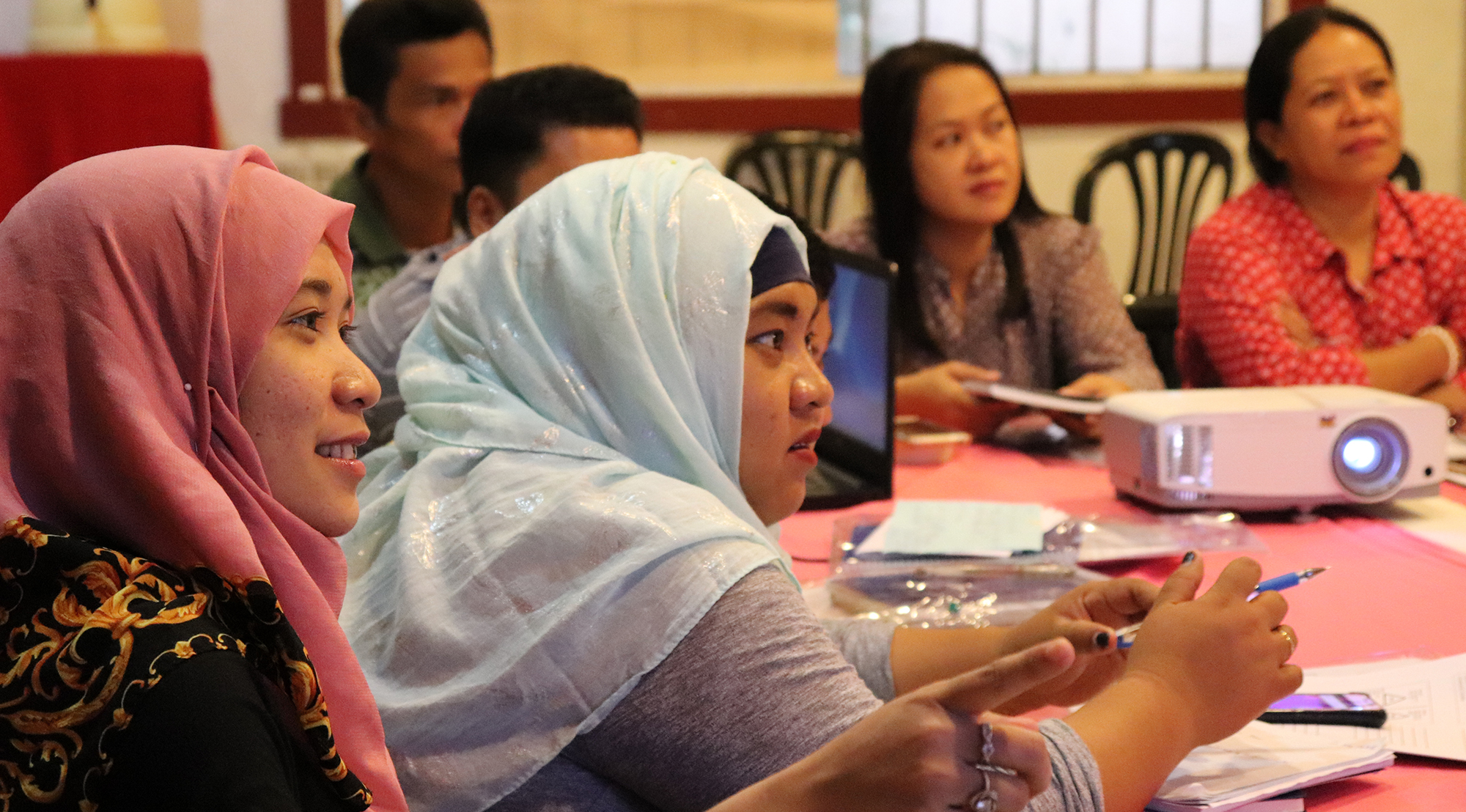In the field of conflict mediation, women play a vital role. From the grassroots to formal mediation processes, they are often the bridge between communities, armed groups and politicians. As the world prepares to mark the 20th anniversary of UNSCR 1325 next year, we look at the role women play in mediation and ask why it is that the number of women involved in formal peace negotiations remains so low?
There are several reasons why, two decades after the adoption of this resolution, we still don’t see equal participation in this space. One major contributing factor is the lack of recognition of the role women already play. Many people think that there aren’t enough women mediators, however this misconception stems from a lack of understanding of what mediation actually means.
Women have been actively involved in mediation throughout history. Conciliation Resources supports women across a number of countries to mediate conflict in their communities. From the women who led efforts to reconcile villages following the previous Ebola outbreak in West Africa, to young women in the Central African Republic who initiated discussions between ex-Séléke and members of their community.
There are also examples of women mediators operating at national and international levels. The Northern Ireland Women’s Coalition participated in the formal peace process, and in the Philippines, Miriam Coronel-Ferrer was Chair of the government peace panel during negotiations with the Moro Islamic Liberation Front.
As part of the Afghan peace process, I worked closely with Afghan women and experienced how they mediated community conflict on a daily basis. They would often take huge risks to provide safe spaces for women and other groups to come together. At the same time, women were engaged in highly political and dangerous negotiations with armed insurgents, including the Taliban. Unfortunately, these examples are often not cited, and the credit for their successes frequently taken by male politicians.
In order to bring about change, several all-women mediator networks have been established. These aim to advance the meaningful inclusion of women mediators and obtain recognition for the roles they are already playing in peace processes. One such network is Women Mediators across the Commonwealth (WMC), which I am privileged to coordinate. WMC brings together women from many different regions, and with diverse experiences of conflict mediation – from the grassroots to the political.
Recognising that a combined voice will strengthen them further, our networks have joined forces to become a Global Alliance of Women Mediators Networks, including the Mediterranean Women Mediators Network, Nordic Women Mediators Network and FemWise. Sharing learning among members, and providing mutual support is an important part of these networks. However, even more significantly they raise the question not of how can we better equip women to do mediation, but how can we get better at acknowledging and elevating the vital work they are already doing?


